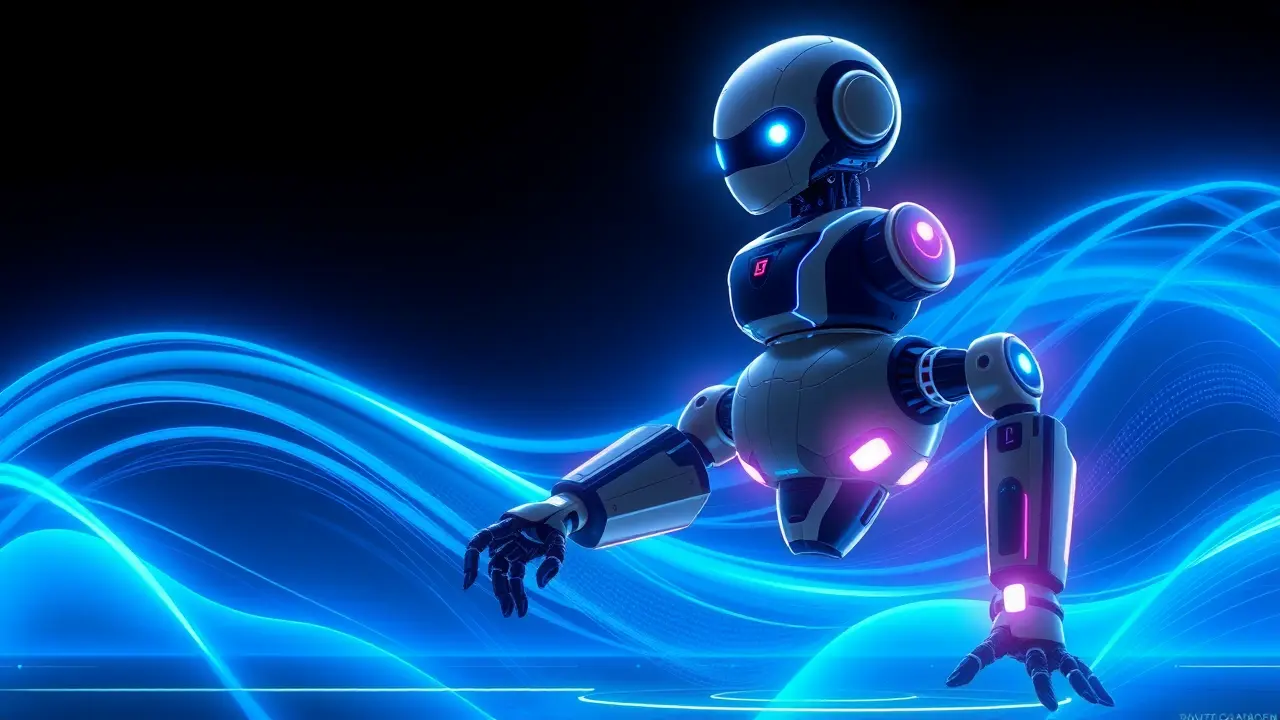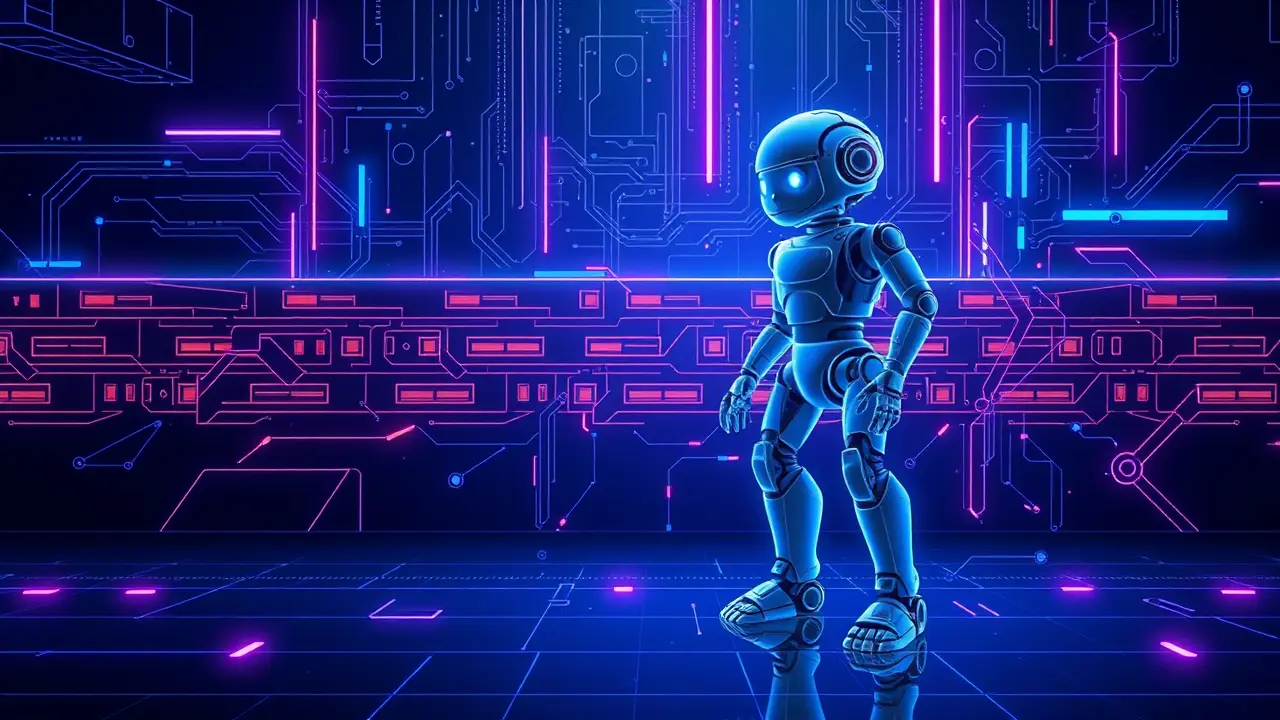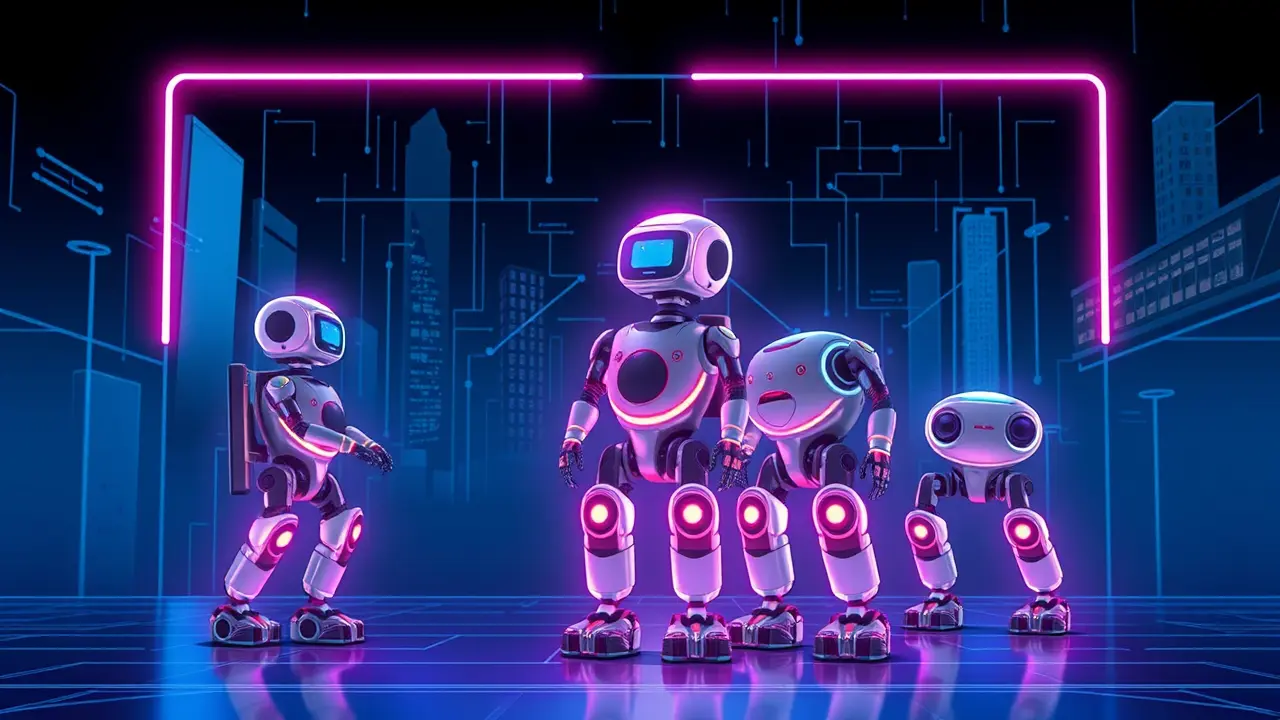
AIroboticsHumanoid Robots
ByteDance Expands Robotics Focus with Embodied AI Recruitment
DA
Daniel Reed
6 hours ago7 min read3 comments
ByteDance, the Chinese tech behemoth best known for its global social media phenomenon TikTok, has decisively signaled its entry into the next frontier of artificial intelligence with a targeted recruitment drive for senior specialists in embodied intelligence. This isn't a tentative foray into general robotics; the company's cloud computing division, Volcano Engine, is making a clear and calculated move by specifically seeking experts in humanoid robotics, backing its ambition with a substantial monthly salary offer ranging from 95,000 to 120,000 yuan (approximately US$13,328).This pivot represents a significant strategic expansion beyond ByteDance's core competencies in recommendation algorithms and social media, placing it in direct competition with other global giants like Tesla, with its Optimus project, and Boston Dynamics, which have long dominated the public's imagination of humanoid machines. The field of embodied AI, where intelligence is not just a statistical model in a data center but is physically instantiated in a body that can interact with the real world, is arguably the most complex and consequential challenge in contemporary AI research.It forces a convergence of disciplines that ByteDance has historically excelled in—massive-scale data processing and machine learning—with the profoundly difficult domains of mechanical engineering, sensor fusion, and real-time control systems. The fundamental question this move raises is whether the same data-driven approach that conquered social media and content discovery can be successfully applied to teaching a machine to walk, grasp a tool, or navigate an unpredictable human environment.Experts in the field are watching closely; some argue that the immense computational resources and AI talent at ByteDance's disposal give it a unique advantage, potentially allowing it to use simulation at an unprecedented scale to train robotic control policies, a method that has shown promise in other labs. Others remain skeptical, pointing to the 'reality gap' where skills learned in simulation often fail to transfer perfectly to the physical world, a problem that has bedeviled robotics for decades.The potential applications within ByteDance's own ecosystem are vast and transformative: imagine highly dexterous humanoid robots in its logistics warehouses, advanced telepresence avatars for remote collaboration, or even future interactive entertainment experiences on its platforms that blend the digital and physical. However, this ambition is not without its immense technical hurdles and ethical considerations, from achieving the necessary power density and battery life for bipedal locomotion to navigating the complex societal implications of human-level robotic labor. By making this move now, ByteDance is not merely following a trend; it is placing a strategic bet that the future of AI is not just generative, but generative and physical, a bet that could fundamentally reshape its identity from a software company to a full-spectrum technology powerhouse.
#ByteDance
#robotics
#embodied AI
#talent drive
#humanoid robots
#Volcano Engine
#featured
Stay Informed. Act Smarter.
Get weekly highlights, major headlines, and expert insights — then put your knowledge to work in our live prediction markets.
Related News
© 2025 Outpoll Service LTD. All rights reserved.











